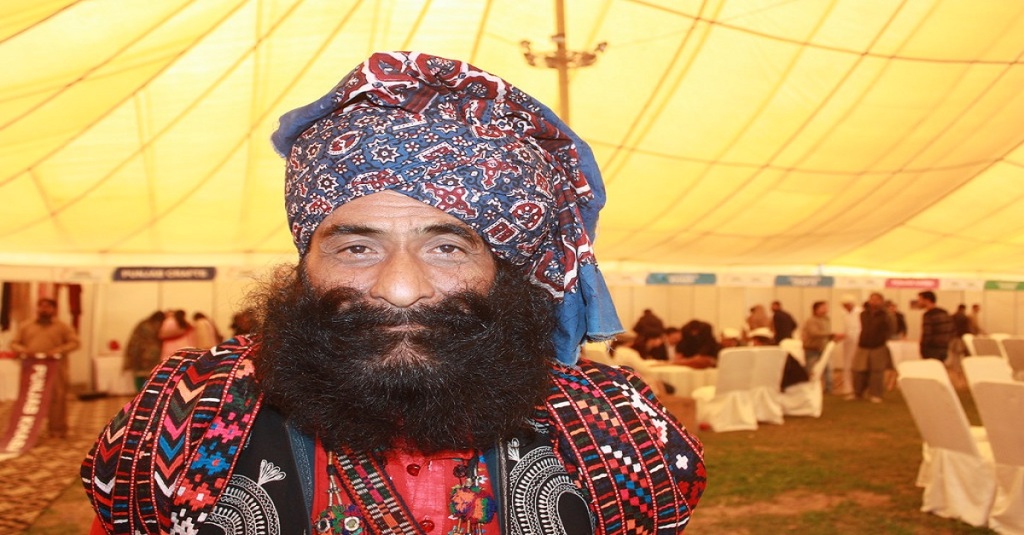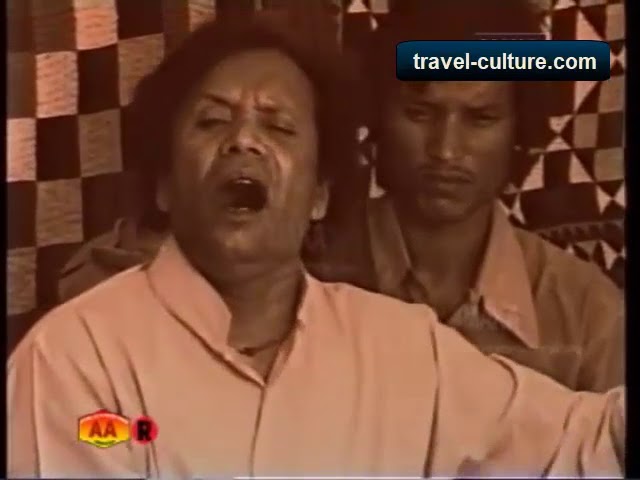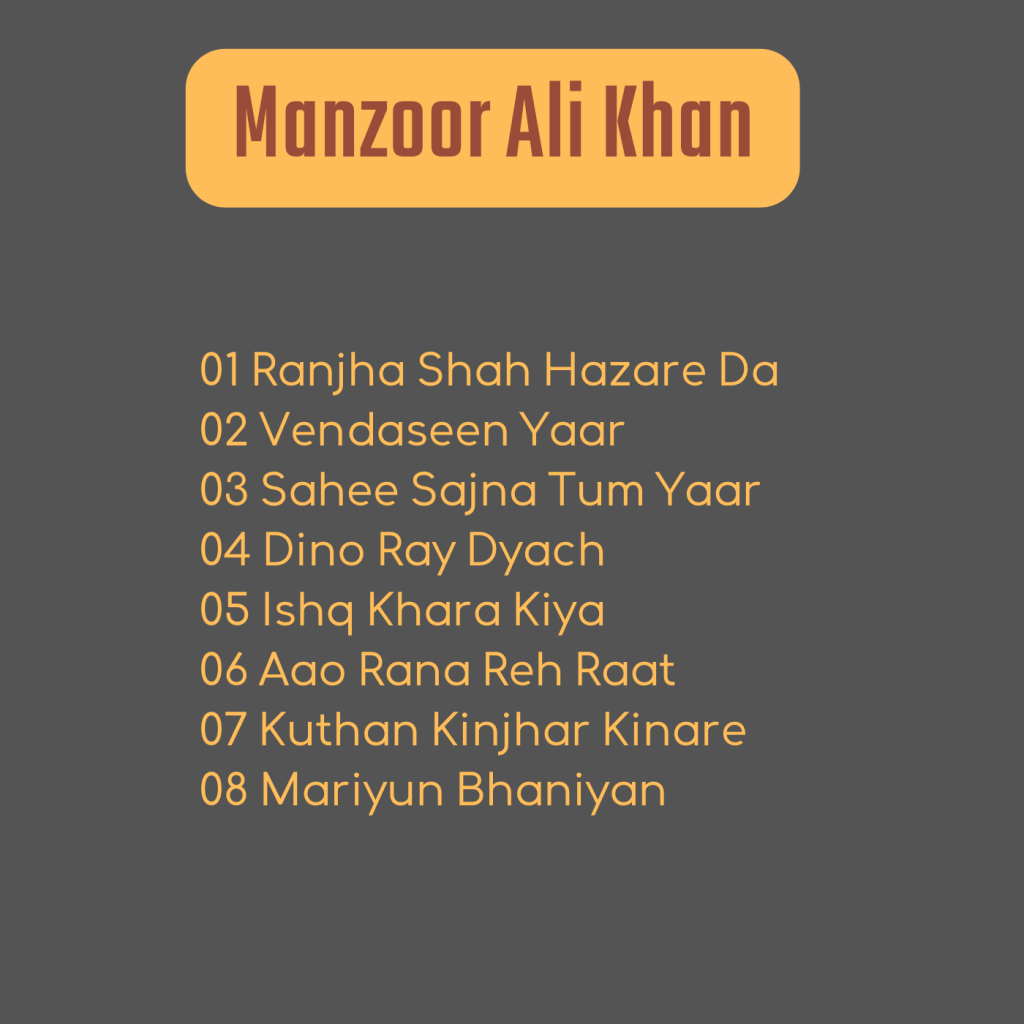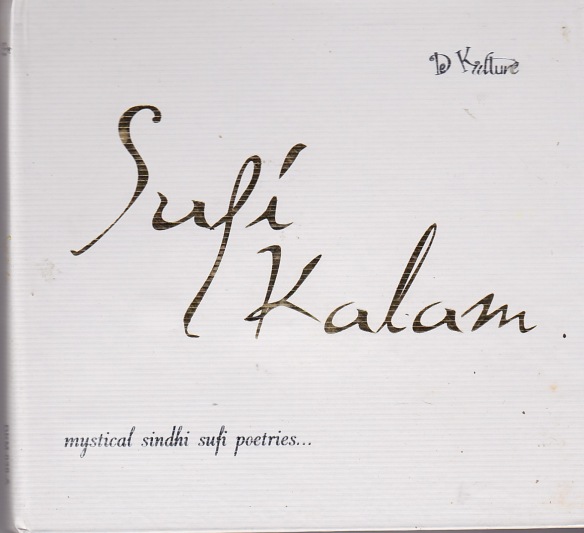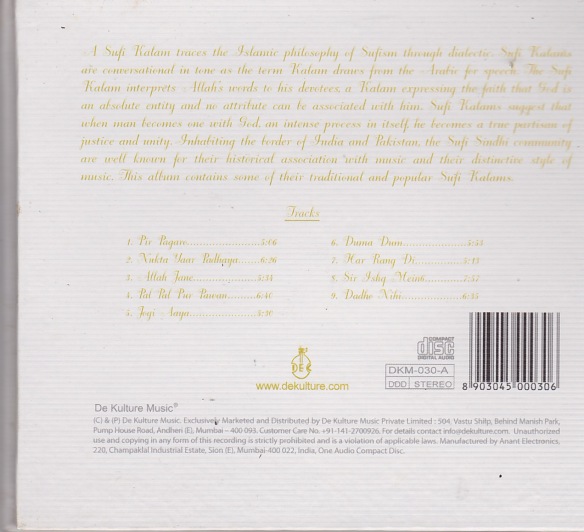
I see its been quite a while since the last post. Indeed, my posts have become as infrequent as Halleys Comet over the past many months, not due to any slackening of interest or desire in music but rather through a necessary focus on a whole bag of other projects and issues. But in the past few weeks I’ve come into possession of some excellent South Asian music which I’m looking forward to sharing.
First off the rank is a small collection of field recordings from Sindh and Pakistani Punjab. Billed as ‘Sufi music’ this majmua’h is more accurately a sampler of folk music from those ancient fabled lands. The performers are all relatively unknown beyond the districts in which they live or wander and their performances are completely natural, raw and uninhibited. As the singer Fatah Daudpoto says in his introduction to Aa Mil Yaara (Track 4) ‘I’m a folk singer and folk music is direct. Not mechanical or digital.’ Which is similar to the adamant statement (and album title) of the old blues guitarist Mississippi Fred McDowell ‘I do not play no rock n roll’.
These recordings are made on site, live and several of the tracks include ambient sounds and whisperings from those in the crowd. In many instances, especially tracks like #9 and #6, I am reminded of the soundtrack to the wonderful film Latcho Drom, about gypsies and their music. These songs have that same electric ‘chaos barely under control’ feeling. My only complaint is that most of the tracks are too short which clearly is a decision made by the producers of the album and not the artists themselves who were barely allowed to pick up a head of steam.
Still, a wonderful little collection to add to your collection of South Asian/ Pakistani/ Punjabi/Sindhi folk music.

Track Listing
1 Intro – Damadam Mast Qalandar [Ustad Aacher and Party]
2 Jo Tera Gham Na Ho [Kalyam Sharif Qawwali Troupe]
3 Aahe Arman Ajeebon [Meeh Wasaiyo]
4 Aa Mil Yaara [Fatah Daudpoto]
5 Sur Rano [Latif Sarkar]
6 Sehra [Basheer Haidari and Nazira Bano]
7 Aarfana Kalaam [Shazia Tarannum]
8 Mahi Yaar Di Gharoli Bhardi – Raag Jog [Babu]
9 Shah Jo Raag [Sain Juman Shah and Fakirs]
10 Ayman Kalyan Raag [Ghulam Arshad]
11 Kalaam of Bulle Shah [Unknown]
SUFI
